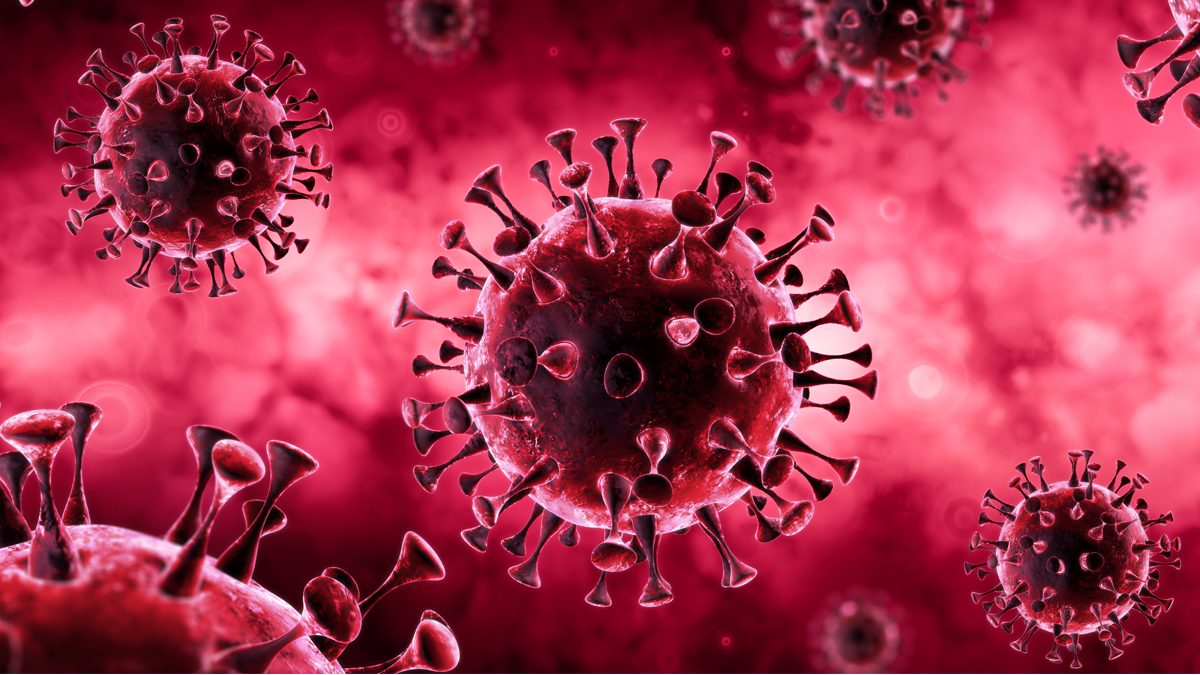Amid the surging cases of Omicron in several countries, there are reports of another likely variant popping up from China. Scientists in China have issued warnings about NeoCoV, a mutation related to the Middle East respiratory syndrome MERS-CoV that is linked to outbreaks in the Middle East in 2012 and 2015.
The fresh warning comes on the heels of a yet-to-be peer-reviewed study released in preprint on the bioRxiv website, which was discovered in a colony of bats in South Africa and has so far propagated only among these creatures. NeoCoV and its near sibling, PDF-2180-CoV, can employ some forms of bat Angiotensin-converting enzyme 2 (ACE2) and human ACE2 to gain access, according to the study.
The novel coronavirus might connect to the ACE2 receptor in a different way than the COVID-19 pathogen, according to scientists. The virus might carry a combination of MERS-high CoV’s fatality rate and the existing SARS-CoV-2 coronavirus’s high transmission rate.
A report, on the Russian website Sputnik, claimed that the high mortality rate of MERS could lead to “one in three infected people dying on average.”
“Our study demonstrates the first case of ACE2 usage in MERS-related viruses, shedding light on a potential bio-safety threat of the human emergence of an ACE2 using ‘MERS-CoV-2’ with both high fatality and transmission rate,” the paper said.
“Experts from the Vector research centre are aware of the data that Chinese researchers obtained regarding NeoCov coronavirus. At this time, it’s not about the emergence of a new coronavirus capable of actively spreading among humans,” Vector Russian State Research Centre of Virology and Biotechnology said in a statement.
So yet, no one has been affected by NeoCoV, and experts are encouraging additional research to determine if it can infect humans or not. The World Health Organization (WHO), which monitors mutations and new viral outbreaks, has remained silent on the findings.
The news provoked concern, as the globe remained wary of potential coronavirus outbreaks. The Omicron epidemic, which was first reported by the WHO in November, has resulted in a significant increase in cases all over the world, with infections now being confirmed on all continents.









